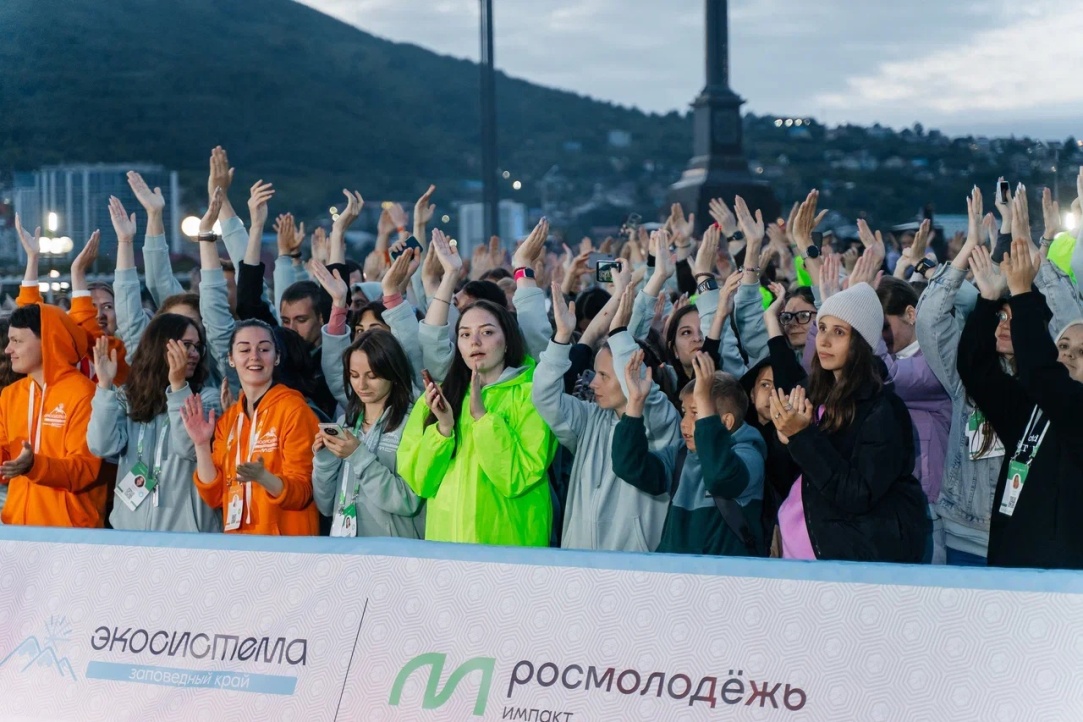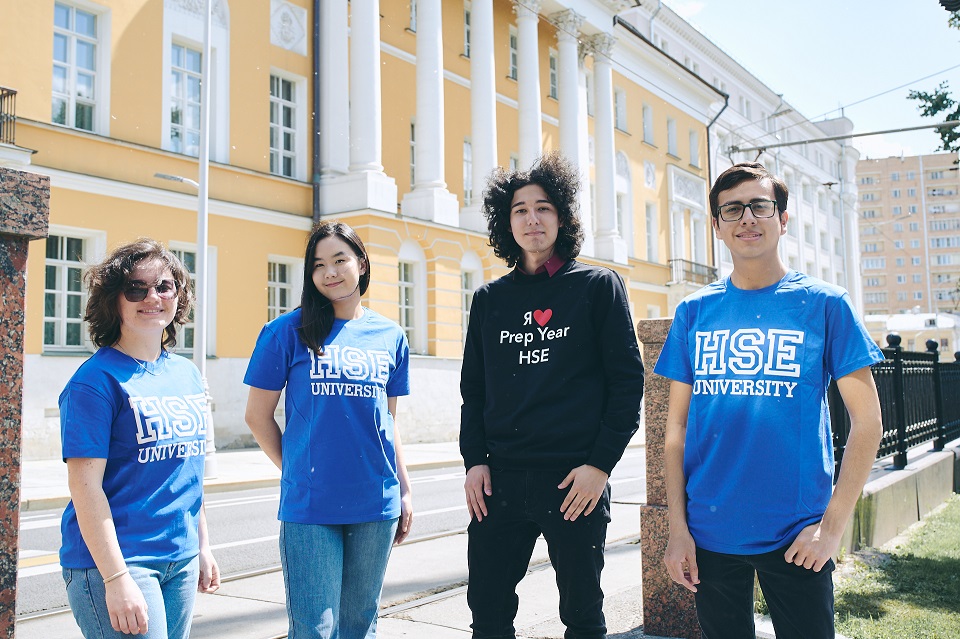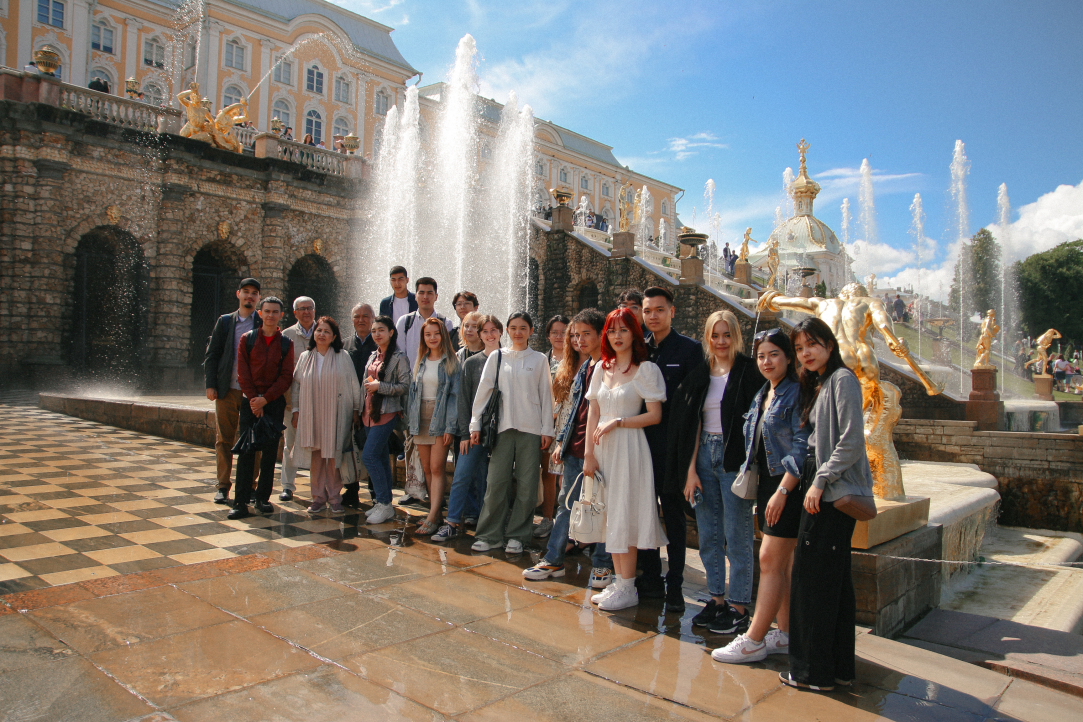
HSE University Students Help Develop Kamchatka
The winners of HSE University’s case championship on tourism development in Kamchatka took part in the All-Russian Youth Ecological Forum ‘Ecosystem. Wildlife Sanctuary’. The forum’s main mission is the formation and consolidation of young people’s proposals in the field of ecology for future implementation.

Evolution of Face ID Industry: Insights from Online Programme Master of Computer Vision
The online Master’s programme ‘Master of Computer Vision’ recently held a webinar ‘Face recognition. How does it work and how does it break?‘ as part of its admission campaign, with the participation of the programme’s business partner, Huawei. Participants learned about the basic principles of Face ID algorithms and the features of face recognition technologies relative to other deep learning models, as well as some of the tricks that can mislead artificial intelligence systems.

Summer University 2023: ‘A Good Introduction to Urban Studies’
At the start of August, HSE University held the tenth annual Summer University. This year’s programme took the form of a workshop on urban studies. The participants attended four courses from HSE University faculty and invited experts and worked on their own projects to develop a cultural heritage site. Jung Woo Lee, from South Korea, shares his impressions of the Summer University.

‘Every Year, We Receive Thousands of Applications From All Over the World’
Registration is now open for the autumn 2023 international Study Tour Experience at HSE University. Applicants from outside Russia who are interested in applying to master’s programmes can spend two weeks as a student of HSE University’s campuses in Moscow, Perm, Nizhny Novgorod, and St Petersburg.

AI Helps Scientists Generate Z-flipon Map
Researchers from HSE University and Sber Artificial Intelligence Lab are using AI to predict the location of DNA fragments in the genome which can flip over and form a mirror structure known as Z-DNA. The scientists have found that these DNA fragments overlap with known mutations which can cause severe hereditary diseases and impact a person's health, height, weight, cholesterol levels, and even determine their hair colour. The study findings have been published in Life Science Alliance.

Faculty of Computer Science and AI Centre Welcome Applications to Binary Super Resolution Challenge
From July 18 to October 15, 2023, the HSE University Faculty of Computer Science and AI Centre invite those interested to take part in the online Binary Super Resolution Challenge (BSRC-2023). The top 50 teams will receive prizes, and the top three will receive cash prizes.

Russian Researchers Develop Software to Predict the Location of Elements of the Human Genome
Researchers at the HSE Artificial Intelligence Centre have created software for predicting the location of elements of the human genome. The scientists used deep learning methods based on complex data on various human molecular components. The research followed the objectives of the ‘Artificial Intelligence’ federal project of the ‘Digital Economy’ national project.

‘Our Experimental Economics Community Welcomes Everyone from Professors to Bachelor’s Students’
From September 19–27, 2023, the Third Pacific School Conference on Experimental Economics (PSEE) will take place in Vladivostok. The conference has been organised by the HSE UniversityInternational Laboratory for Experimental and Behavioural Economics as part of the Mirror Laboratories project with the Research Laboratory for Modelling Socio-Economic Processes at Far Eastern Federal University. The conference will be held in an in-person format, and foreign participants can take part online.

School Ten Thousand Kilometres Away from Home: Students from Thailand at HSE University
HSE University continues to develop its international relations with the best Asian universities. At the request of Thammasat University (Thailand), a special short-term educational programme in ‘Russian Language and Culture’ has been created at the HSE St Petersburg International Office.

‘Open Lectures Are a Space of Interest and Trust’: New HSE Lecture Cycle Starts in Nizhny Novgorod
A university’s contribution to the development of society is not limited to education and science. Universities participate in wider life through open popular science lectures, master classes and festivals, expanding their boundaries and qualitatively influencing the intellectual environment.


Submission Deadline: December 20, 2025